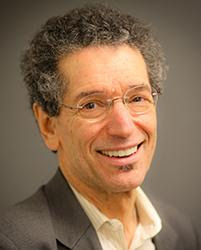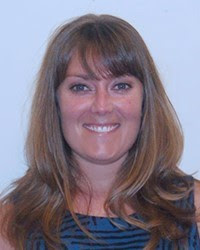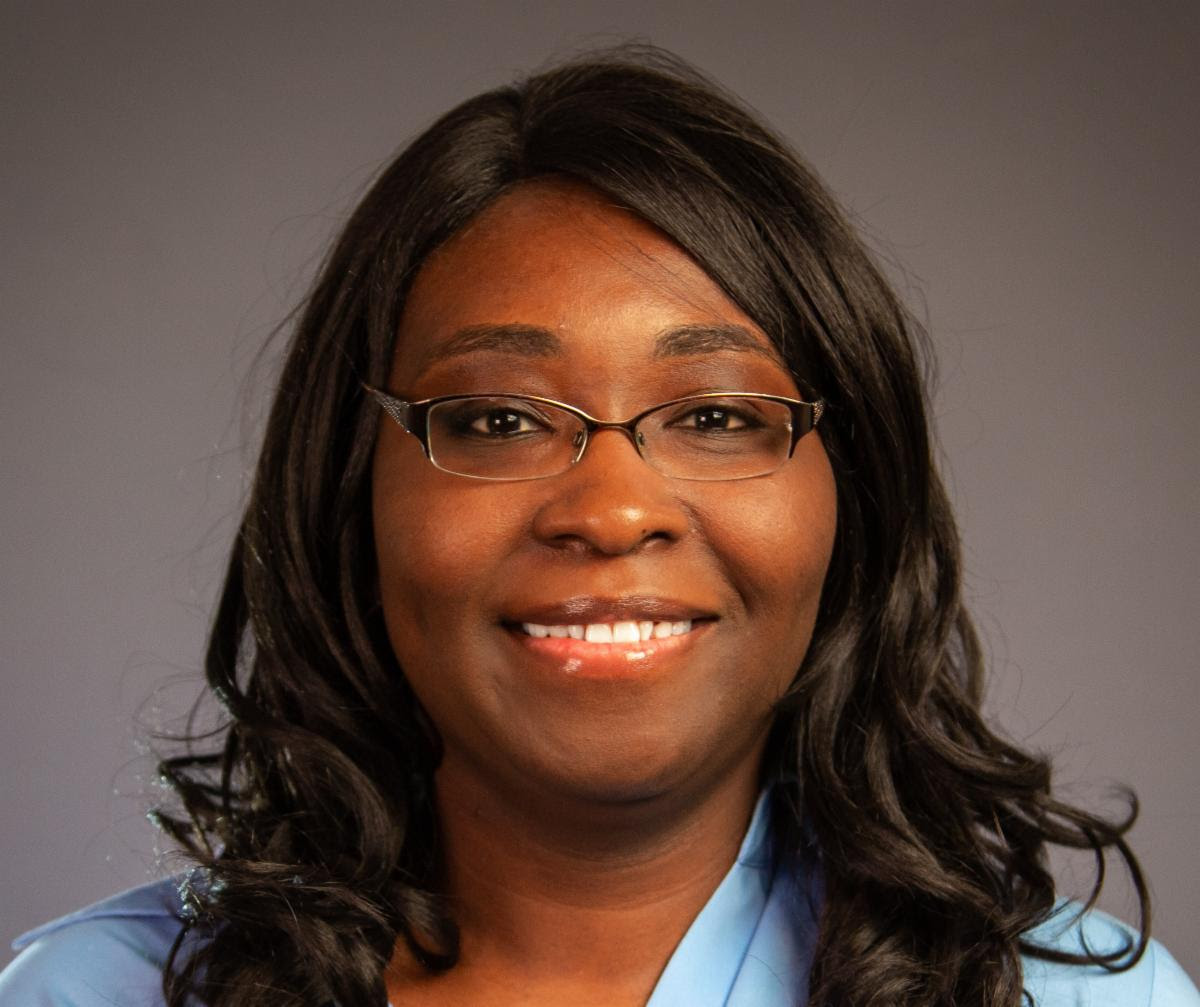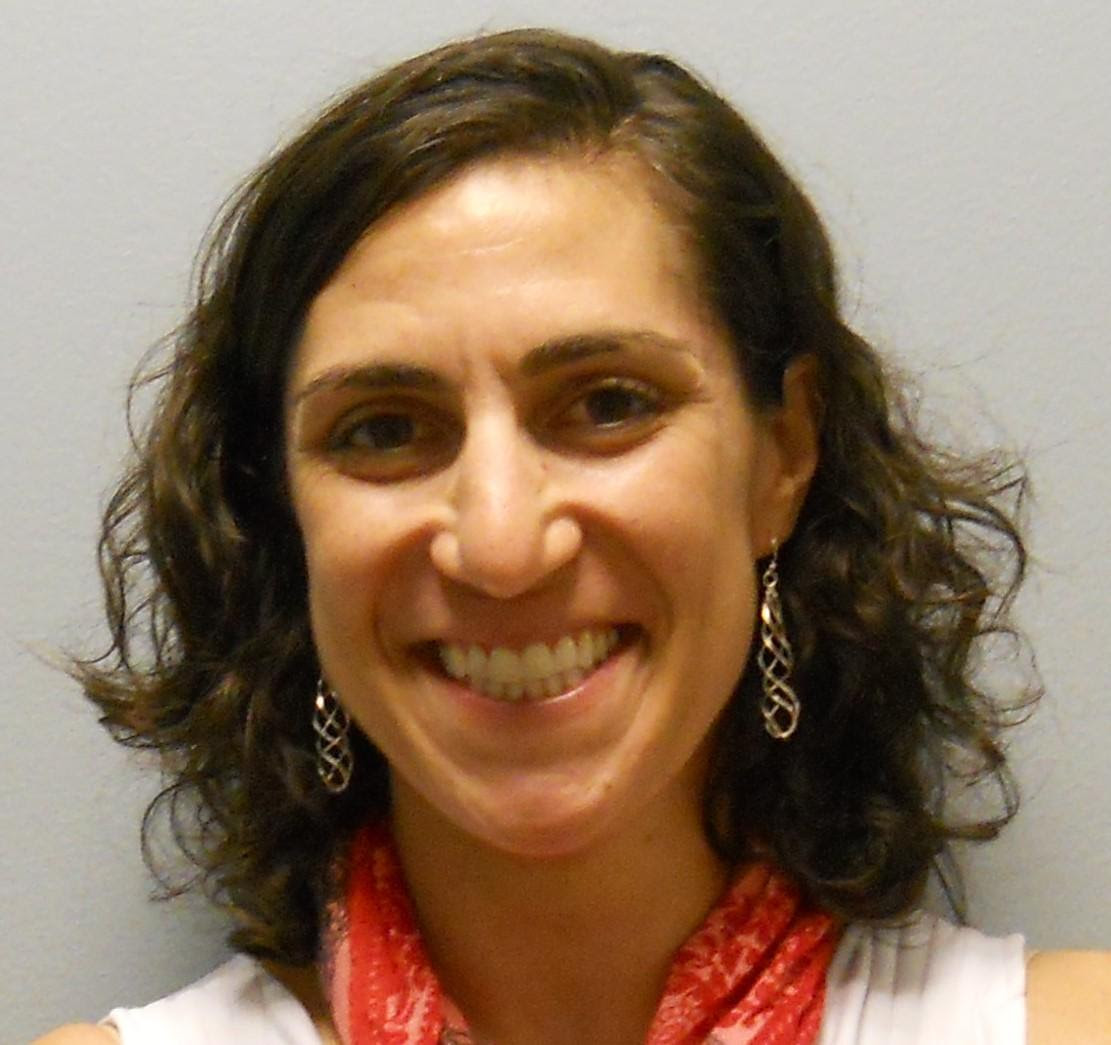This latest issue brief from Penn State’s Edna Bennett Pierce Prevention Research Center looks at how schoolwide social and emotional learning (SEL) and trauma-sensitive schools (TSS) can support a holistic approach to meeting student needs, particularly when focused on enhancing individual skill-building and environmental conditions that support student well-being and advance educational equity.
The co-authors examine the ways in which TSS and SEL can be integrated and expanded— through shared understanding and vision, a readiness to integrate approaches, a shift in mindsets, joint implementation and evaluation, support of adult SEL, and an enhanced equity lens—to create safe, supportive, and culturally responsive schools that prevent school-related trauma and foster thriving, robust equity, and transformative learning.
Here's the full issue brief:
Trauma-Sensitive Schools and Social and Emotional Learning:
An Integration
The Issue Brief, at a Glance
Together, trauma-sensitive schools and social and emotional learning—allied in a culturally affirming and responsive manner—can promote resilience-related skill-building and provide opportunities in which these skills can be applied
and reinforced.
The majority of youth in the United States will be exposed to at least one traumatic event before the age of 18; many will be exposed to multiple traumatic experiences. In some cases, adversity (or its consequences) can be prevented, buffered, or healed. In other cases, its consequences can be overcome and transcended. Adopting a whole-child approach in educational settings requires an integrated understanding of child development, the potential effects of adversity and trauma, and related practices to support social, emotional, and academic success for all students.
While the country continues to navigate the effects of the coronavirus pandemic (COVID-19) and the most recent incidents of traumatizing racial violence, the need to acknowledge, address, and mitigate the disparate effects of trauma and avoid replicating inequitable structures across school communities has never been more pressing.

David Osher, Ph.D.
Vice President and Institute Fellow

Kathleen Guarino, LMHC
Senior Technical Assistance Consultant

Wehmah Jones, Ph.D.
Principal Researcher

Mara Schanfield, M.Ed.
Senior Technical Assistance Consultant












Comments (0)